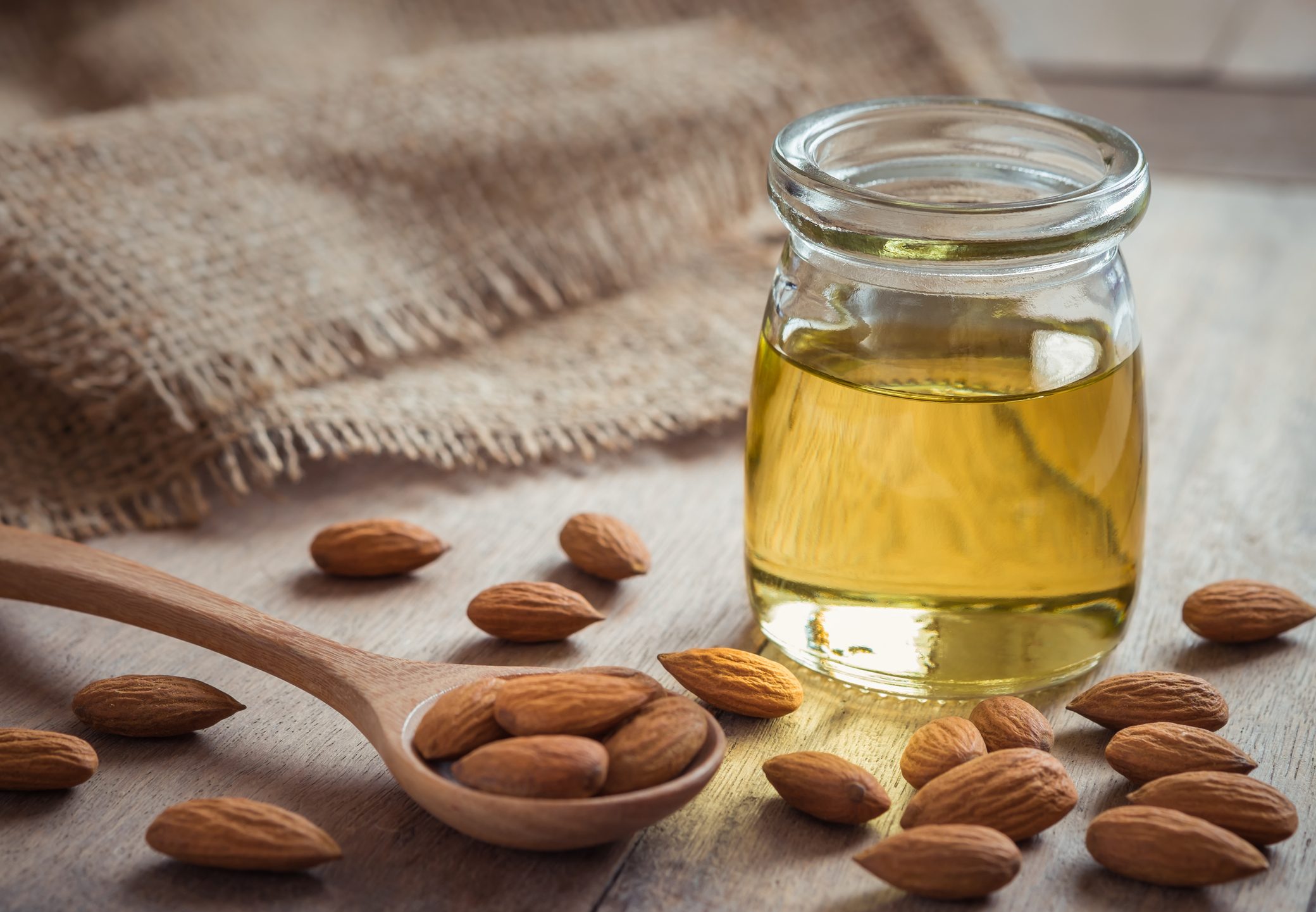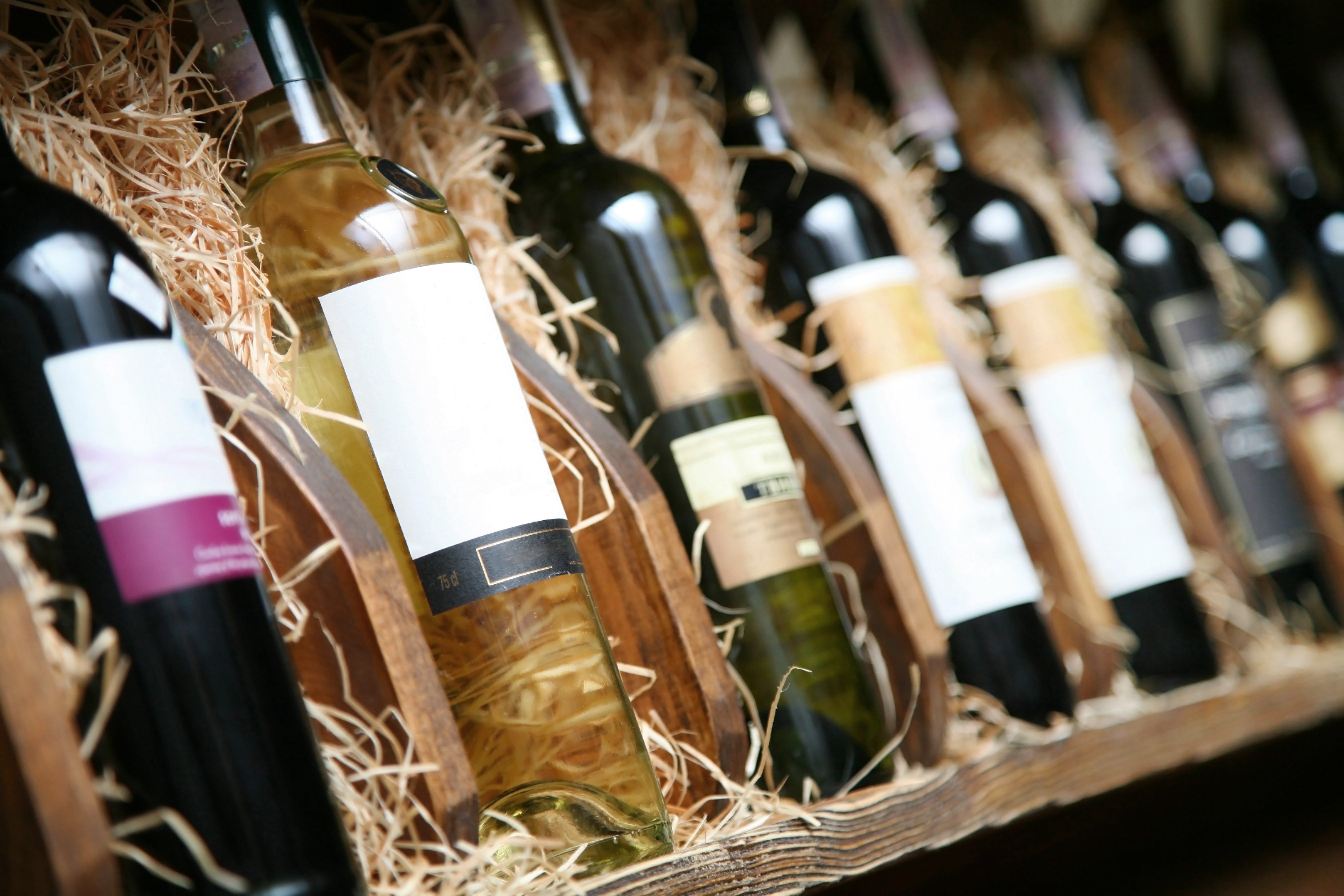Why Do People Have Different Tastes When It Comes To Food?
People have different tastes in food due to a combination of genetic, cultural, emotional, experiential, health-related, and sensory factors. Genes can make certain flavors more prominent or enjoyable, while our cultural background introduces us to a range of traditional foods and flavors.
;)
- Our genes influence our taste buds and sensitivity to flavors, creating a biological basis for our individual taste preferences, such as a heightened sensitivity to bitterness in "supertasters."
- Our cultural background shapes our familiarity with and preference for certain flavors and dishes, while emotional connections to foods, often tied to memories or traditions, also guide our likes and dislikes.
- Personal health conditions and dietary choices dictate our food preferences to align with our nutritional needs, while the sensory aspects of food, including its texture, aroma, and appearance, contribute to our overall enjoyment and preference for different foods.
Ever wonder why we all like different foods? The world is full of flavors, and what might be tasty to you might not be to someone else. Let's explore why our tastes can be so different, looking at our genes, our cultures, and our personal experiences.
1. Genetics and Taste
Our genes have a big say in what we like to eat. They shape our taste buds and influence how we experience flavors like sweet, bitter, and umami. Some people, known as "supertasters," find certain foods like broccoli extremely bitter, which affects what they like to eat.
2. Influence of Culture and Location
Where we grow up and our cultural background also shape our tastes. Local ingredients and traditional dishes become what we find familiar and tasty. For example, if you grow up in a place with lots of spicy food, you might develop a love for hot flavors that others can't handle.
3. Emotional Ties to Food
Our feelings and memories connected to food influence our likes and dislikes. Foods that bring back happy memories or are part of our cultural background might be favorites. On the other hand, bad experiences with certain foods might make us avoid them.

4. Trying New Foods
Being exposed to many different foods, especially when we're young, can make us more willing to try new things as we get older. People who have tried lots of different foods might be more adventurous eaters and enjoy things others might find strange.
5. Health and Diet Choices
Our health and any dietary restrictions we have can also shape our food preferences. If someone has a food intolerance or follows a specific diet, like veganism, they might develop a taste for foods that fit within those guidelines.
6. The Experience of Eating
How food feels, looks, and smells also affects whether we like it or not. Some might love the smooth texture of a creamy dessert, while others might prefer the crunch of fresh fruit. Our preferences can come from our natural likes and dislikes and our past experiences.
Our tastes come from a mix of our genes, our background, our experiences, and our health needs. Understanding why we like different foods helps us appreciate the wide variety of foods enjoyed around the world.
;Resize,width=767;)
;Resize,width=712;)
;Resize,width=712;)
;Resize,width=712;)
